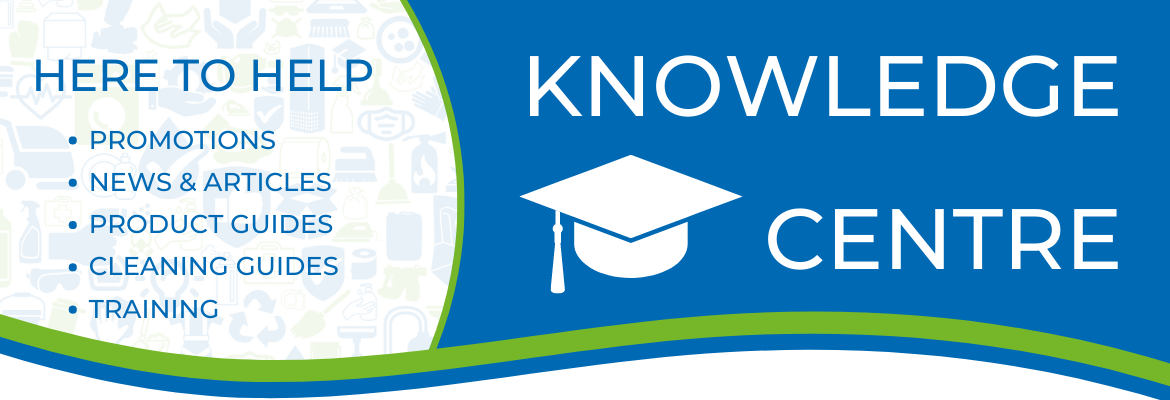What is PPE and why is it so Important?
The need for PPE is imperative to ensure the safety of all staff and customers within your business. The need for PPE has escalated over the past months, so ensuring your business is equipped fully with good quality PPE supplies, means you can guarantee customers and employees feel confident and safe within the workplace.
Continue reading on to learn more about PPE and the importance of being equipped with the correct PPE.
What is PPE?
Personal Protective Equipment is equipment that will protect the user against any health and safety risks within the workplace. It is designed to protect you from coming into contact with any harmful substances such as chemicals or infectious agents. Different forms of PPE can include Gloves, Masks and Aprons.
Respiratory protective equipment is any protective equipment designed to form a barrier between an individual’s mouth, nose or eyes. This is to protect an individual from having direct contact with bacterial infections and viruses or any toxic substances which could be present. Due to Covid-19, restrictions were implemented by the UK Government which state that it is a requirement to wear face coverings and other PPE, such as Vizors, in a number of places including all public transport, supermarkets and places of worship. A full list of places whereby it is a requirement to wear face coverings can be found on the government website.
Why is PPE Important?
The need for PPE, is more important than ever to ensure the safety of all staff, customers and residents. Wearing PPE helps to ensure that staff in a workplace are protected from chemical substances, bacteria or hazards that could lead to injury. Without effective PPE being provided to workers in most industries, there is a higher risk of injury caused from hazardous conditions, which could put employees, customers and even the business at risk for not supplying the PPE. Lack of PPE can also lead to an increase of infections and viruses.
Why is PPE Effective at Preventing Infection?
PPE is effective at preventing infection by acting as a barrier between the airborne respiratory droplets containing the infection or virus and an individual’s mouth, nose or eyes. This will lead to reducing the risk of transmission.
If PPE is used properly alongside many other infection control practises, such as washing hands regularly, sanitising your hands using an alcohol-based hand sanitiser, wiping down surfaces using effective anti-bacterial surface wipes, cleaning products (including virucidal cleaners) and when coughing or sneezing, using your elbow crease. All of these methods are proven to be effective in reducing the risk of transmitting or catching any infections or viruses.
Types of PPE
There are several types of PPE equipment that are able to protect all areas of the body for harm. For an extensive list of different types of PPE, check out the HSE Guidelines.
Forms of PPE can include:
• Eyes: Safety Goggles, Face Shields & Visors.
• Head & neck: Hair nets
• Hand & arms: Disposable Nitrile gloves, Vinyl Gloves, Oversleeves
• Feet and legs: Overshoes
• Lungs: Respiratory protective equipment such as disposable face masks, valved face masks.
• Whole Body: disposable overalls
If your business is looking for supplies, Newline Anglia stock a wide range of PPE supplies, Hand Hygiene, and Surface Sanitising products.
Is PPE Clinical Waste?
Clinical waste is the term used to describe waste produced from healthcare and similar activities that may pose a risk of infection, for example, swabs, bandages, dressings etc. Clinical waste should be disposed of in orange bags to be disposed of by incineration.
In situations whereby PPE is no risk of infection and there are no chemicals present, they are classed as offensive waste rather than clinical. This waste should be disposed of using Black and Yellow tiger striped bags.
Back to Articles


